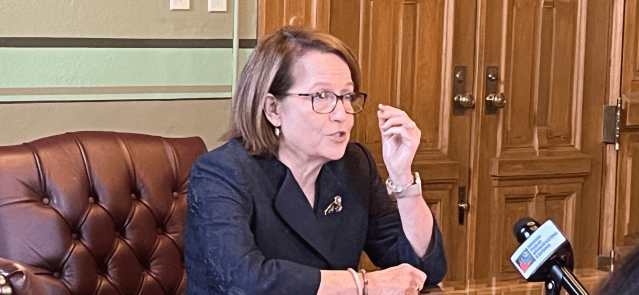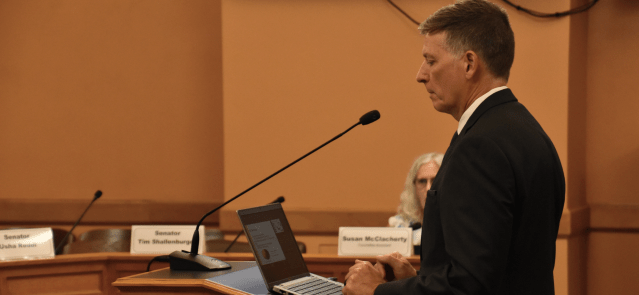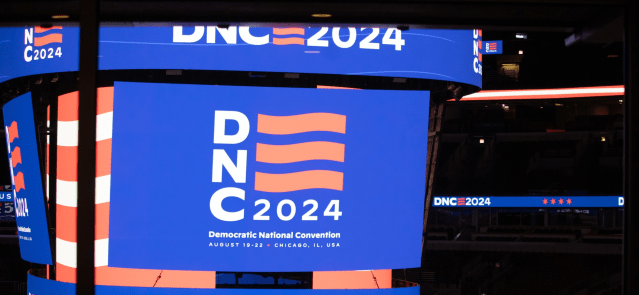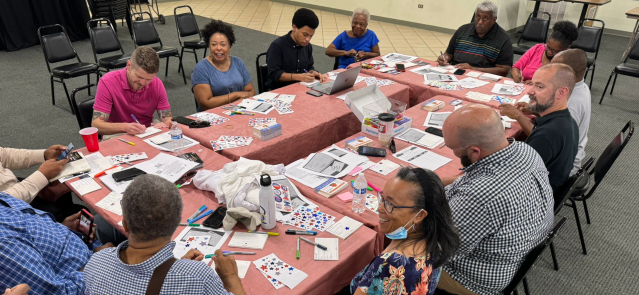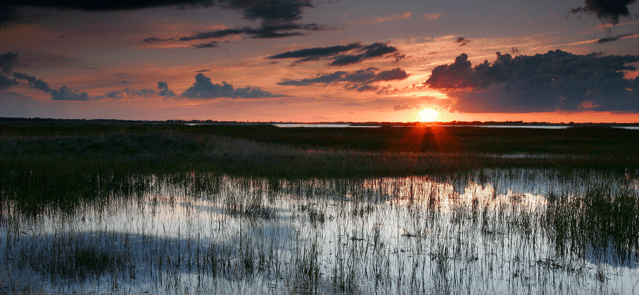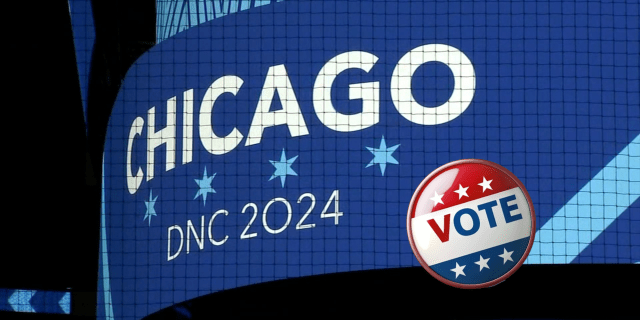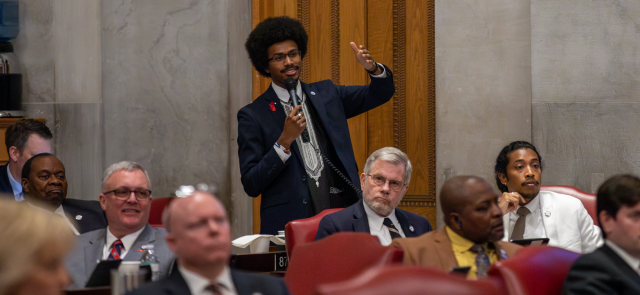MUNCIE, Ind. — It is election season, so we’ve been inundated by tax proposals. I view this as a good development because the Legislature is in the midst of a two-year study of taxes. We have the time and resources to sort out the strengths and weaknesses of each.
This is also a good time to step back and ask a simple question: “What would a good, conservative state tax system look like, and how does Indiana’s measure up?”
Taxes are an old institution. The very first written documents in the archaeological record are tax and accounting ledgers. The first colonial taxes were on property and sales. Income, which was harder to measure, was not widely taxed until the 19th century.
In the early days of our nation’s founding, there was vigorous debate about the method and purpose of taxation by the federal government. For state and local governments, taxes were an accepted necessity. Property taxes, and what they must finance, were specifically described in the Northwest Ordinance of 1787, the document that laid out requirements for Indiana statehood.
That shouldn’t be surprising. John Locke and Adam Smith, two major intellectual forces who influenced our Constitution, wrote about taxation in ways that are familiar today. From Abraham Lincoln’s Lyceum speech to Ronald Reagan, conservative thought offers a view of taxation that differs dramatically from much of current rhetoric.
There are three big things we can tax: wealth, income and consumption (spending). A primary goal of conservative tax policies would be to minimize the distortion taxes cause to decisions by families and businesses.
To do that, a conservative tax system would first tax all wealth, income and consumption, but at a very low rate. That is the first principle of a good, conservative system of taxation.
A second goal would be a tax system that is easy to administer for governments and easy to comply with as a taxpayer. Simplicity matters.
A third goal would be a tax system that is stable over the inevitable ups and downs of an economy. That is important not only to provide tax revenues during a recession but also to match increasing government costs during inflation.
Fourth, taxes should rise at about the rate of economic growth, not slower or faster than the economy grows.
All these rules impose stability and certainty around a tax system.
There are two other, more subjective measures of a conservative tax system. The first is that a system should be progressive. Adam Smith, the father of free-market economics, plainly argued that the more affluent should pay higher tax rates. His argument focused on expanding commerce and infrastructure.
And, finally, conservative tax policy argues that taxes should be adequate to meet the requirements of government. It is plain to see why this is subjective and changing. Sometimes, government needs a great deal of money — to defeat terrorists or Nazis, for example. Other times it might require much less revenue, such as during a strong expansion.
One way to judge adequacy of tax revenues is to measure how well your state or local government is doing in top-line data on public services. Here it is important to ask questions such as, how good are your roads? How bad is crime? How effective are schools at primary tasks like literacy? How successful is the education system at sending kids to higher education?
The answers to these questions help answer another question: Are we collecting enough tax revenue?
So, how does Indiana’s tax system compare to these traditional measures of a conservative tax system? It is a mixed bag.
Unlike some states, Indiana has taxes on consumption, income and wealth. Our income tax is a flat rate, and very low. The tax is still modestly progressive because it allows deductions and includes an earned income tax credit (the brainchild of Milton Friedman, the godfather of conservative economics).
Indiana’s 7% sales tax rate is high for a state-level tax but doesn’t include local option taxes, so it falls comfortably in the middle of the pack. One weakness of our sales tax is that we tax only the sale of goods, not services. If we taxed everything, we could get the same annual tax revenue with less than a 4% sales tax.
Finally, the smallest of our big three taxes is on property. We tax businesses and households on the value of their land, homes or buildings and equipment. We cap those taxes at 1%, 2% and 3% of total (gross) value for primary residences, secondary residences and business, respectively.
Local governments give huge tax abatements to favored businesses. Residents receive tax cuts for holding a mortgage, getting old or being a disabled veteran. Farms are taxed through a more complex formula.
Judging these taxes against the conservative framework tells a very different story from the one that “conservative” anti-tax zealots would like you to believe.
If we were to tax everything, at a low rate, we would keep our current income tax system, which is close to 4% with combined state and local taxes. We would need to tax all transactions — not just goods but also services — and cut the rate to close to 4%. That would give us balanced income and sales taxes, but it would leave us with property tax rates of less than 1%.
Meeting the traditionally conservative goal of a broad tax base and a low rate would actually cause us to raise property taxes, not cut them. But there are other problems with our tax system.
The current system is regressive, meaning poorer households pay a higher state and local tax rate than rich households. The biggest element of regressive taxes are the sales taxes and property taxes. Roughly 7 out of 10 households own their homes, so they pay no more than 1%, unless there is a referendum to raise more for schools.
These folks are the most affluent Hoosiers, while renters are the poorest. But remember that rental property is taxed at 2%, most of which is passed on to renters.
So, for this and other reasons, our property tax system is highly regressive, burdening the poorest Hoosiers with higher taxes. The bigger problem is really in the adequacy measure. Indiana ranks in the bottom 10 states in public health, school outcomes and educational attainment. We rank poorly in road maintenance and only average in crime rates. Our tax system is clearly inadequate to provide a sufficient model.
Indiana does not meet the traditional description of a conservative tax system.
Michael J. Hicks, Ph.D., is the director of the Center for Business and Economic Research and the George and Frances Ball distinguished professor of economics in the Miller College of Business at Ball State University. Contact him at [email protected].

